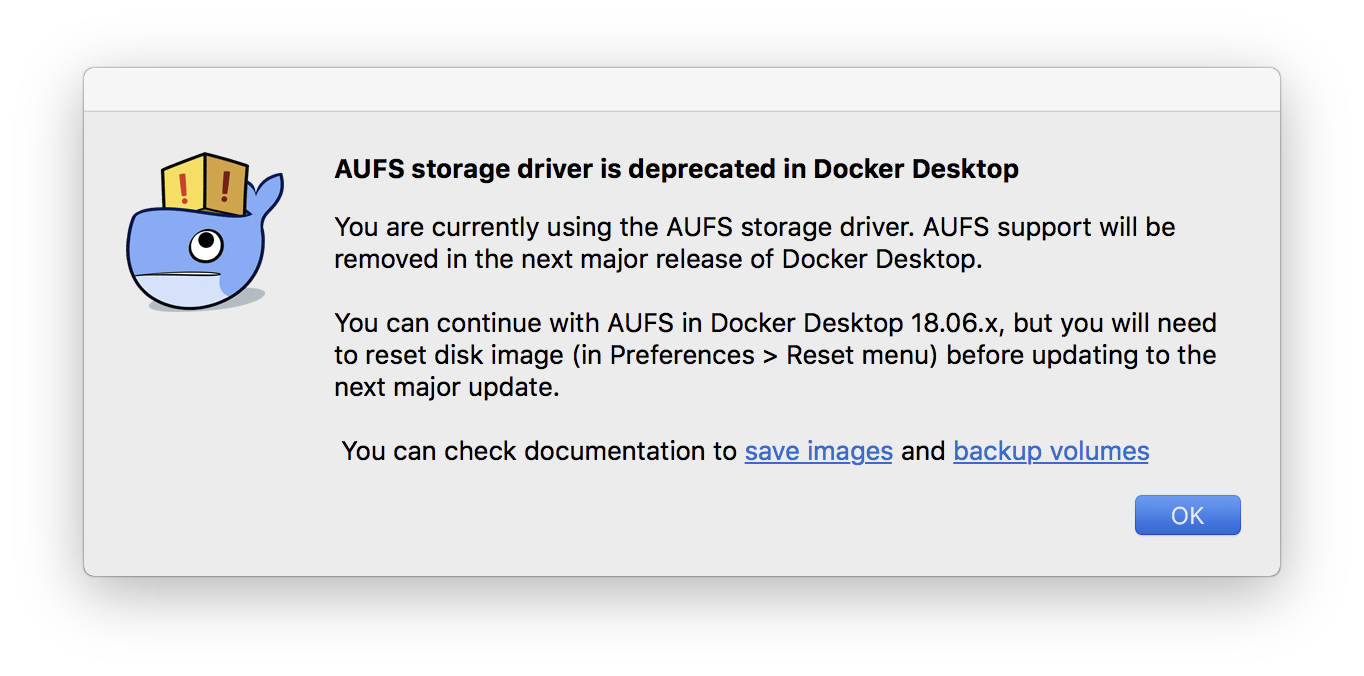The current jdbc driver version is 3.1.0, but it is not published in the public mvn repository, only the old version, see:
https://mvnrepository.com/artifact/com.intersystems/intersystems-jdbc
It is very bad to the Java Community. And why not publish IRIS Hibernate dialect in mvn repository too?
These actions are important to Java Developers.

.png)

